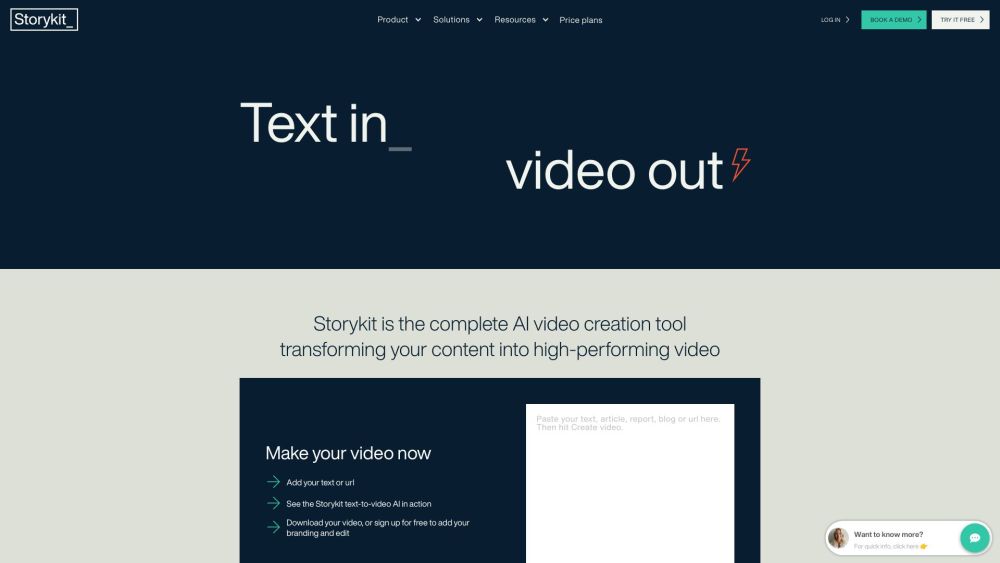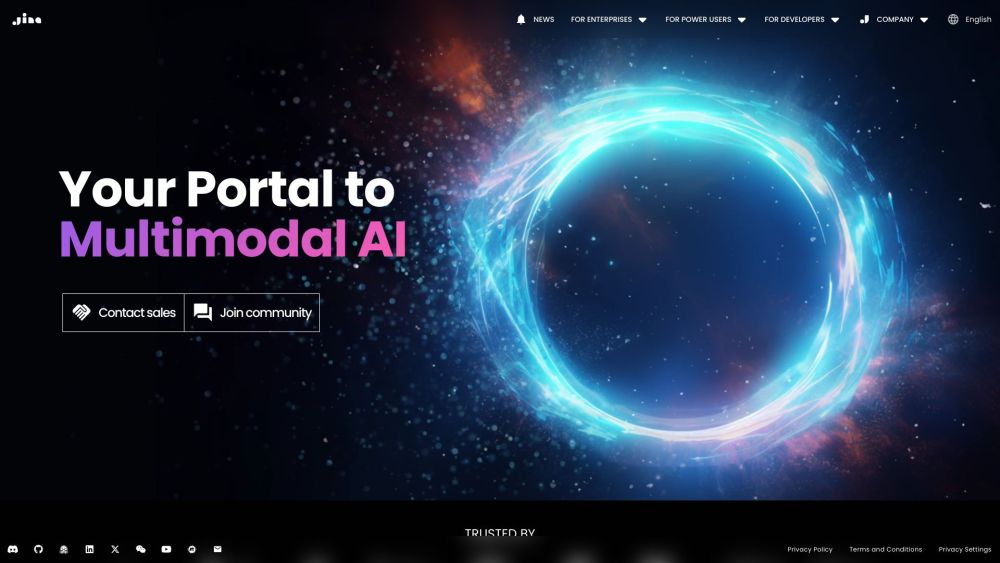Nightshade Tool Protects Images from Unwanted AI Generation and Misuse
Most people like

Elevate Your Content: Transforming it into High-Performing Video
In today's digital landscape, video content reigns supreme, driving engagement and boosting reach across platforms. By transforming your written material into compelling videos, you not only enhance audience interaction but also maximize your content's visibility. Let’s explore how to effectively convert your content into captivating, high-performing videos that resonate with viewers and elevate your brand presence.

Effortlessly transform your YouTube videos into engaging TikTok clips, YouTube Shorts, and Instagram Reels with Klap—a cutting-edge AI-powered tool that streamlines content creation in just one click.

Unlock your creative potential with an AI art generator that transforms your text prompts into stunning visuals. Harness the power of advanced artificial intelligence to effortlessly bring your ideas to life, whether you're creating illustrations for a project, designing unique artwork, or simply exploring your imagination. Experience the seamless blend of technology and creativity as this innovative tool converts your written words into captivating artwork, making art accessible to everyone. Start your artistic journey today with our intuitive AI art generator!
Find AI tools in YBX
Related Articles
Refresh Articles

